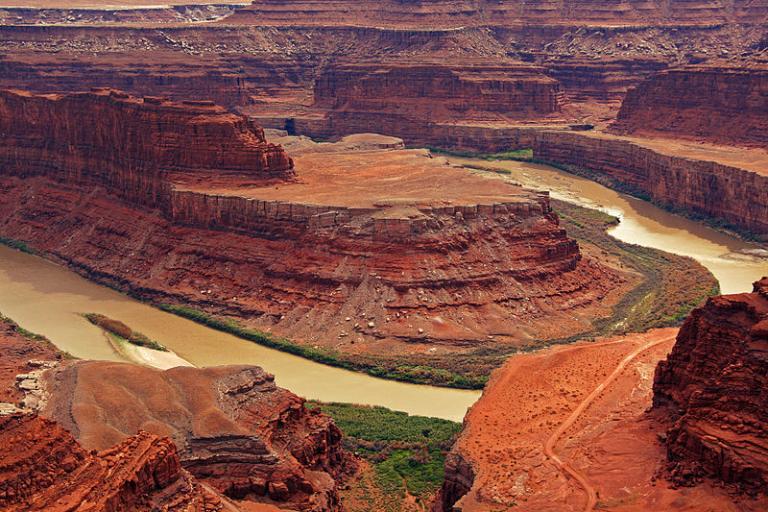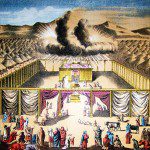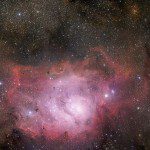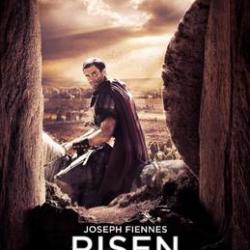
(Wikimedia Commons public domain image)
I really hope that this idea will come to fruition:
***
Not to worry, though. We’ll always have fossils, and plaster of Paris:
But why prepare? Nature is pretty friendly.
***
A passage from Richard Panek’s The 4% Universe: Dark Matter, Dark Energy, and the Race to Discover the Rest of Reality that caught my eye. He’s talking about roughly December 1965, by which time, he says, the discovery by Arno Penzias and Robert Wilson of the cosmic microwave background radiation that had been predicted as an after echo of the Big Bang had definitively altered the balance between Big Bang cosmology and Steady State models of the universe:
You could feel the shift, if you were an astronomer or physicist. Both the Steady State and Big Bang interpretations had relied not just on math and observation but on speculation. They were modern counterparts to Copernicus’s attempt to save the appearances; they were theories in need of evidence. And just as Galileo, with the aid of the telescope, had detected the celestial phenomena that decided between an Earth-centered and a Sun-centered cosmos, forcing us to reconceive the universe, so radio astronomers, with the aid of a new kind of telescope, were now detecting the evidence that decided between the Steady State and Big Bang cosmologies, necessitating a further reconception of the universe. (24)
It’s a matter of considerable autobiographical curiosity to me, however, that I didn’t feel the shift. I was still in elementary school in December of 1965. Not only did I hear nothing of the shift then — no big surprise, that — but I went all the way through high school graduation, if I’m not mistaken, still assuming that the fight between Steady State and Big Bang cosmologies was ongoing. I leaned toward the Big Bang, personally, because the idea of isolated atoms of hydrogen popping into existence at intervals out in space didn’t appeal to me at all. But I saw it as still an open question, when, in fact, it was closed, or rapidly closing.
In fact, I can’t really recall when it was that I woke up one day to realize that the debate was over. Was it before my mission? Perhaps not. I just don’t remember. But I remember that I was surprised. Not so much at the answer, but at how long it had taken to reach me. Had I been asleep? In a coma?
By then, of course, my interests had shifted to ancient and medieval history and languages, and if popular magazines like Discover existed then I wasn’t reading them. But still . . .
How long does it take — how long should it take — for news of such scientific turning points to percolate down to lay people such as myself?
Heck, I think that I was still visualizing electrons, protons, and neutrons as hard little submicroscopic billiard balls forming teensy tiny “solar systems” at the time that I graduated from high school. And that image, of course, was at least a generation or two obsolete.
















